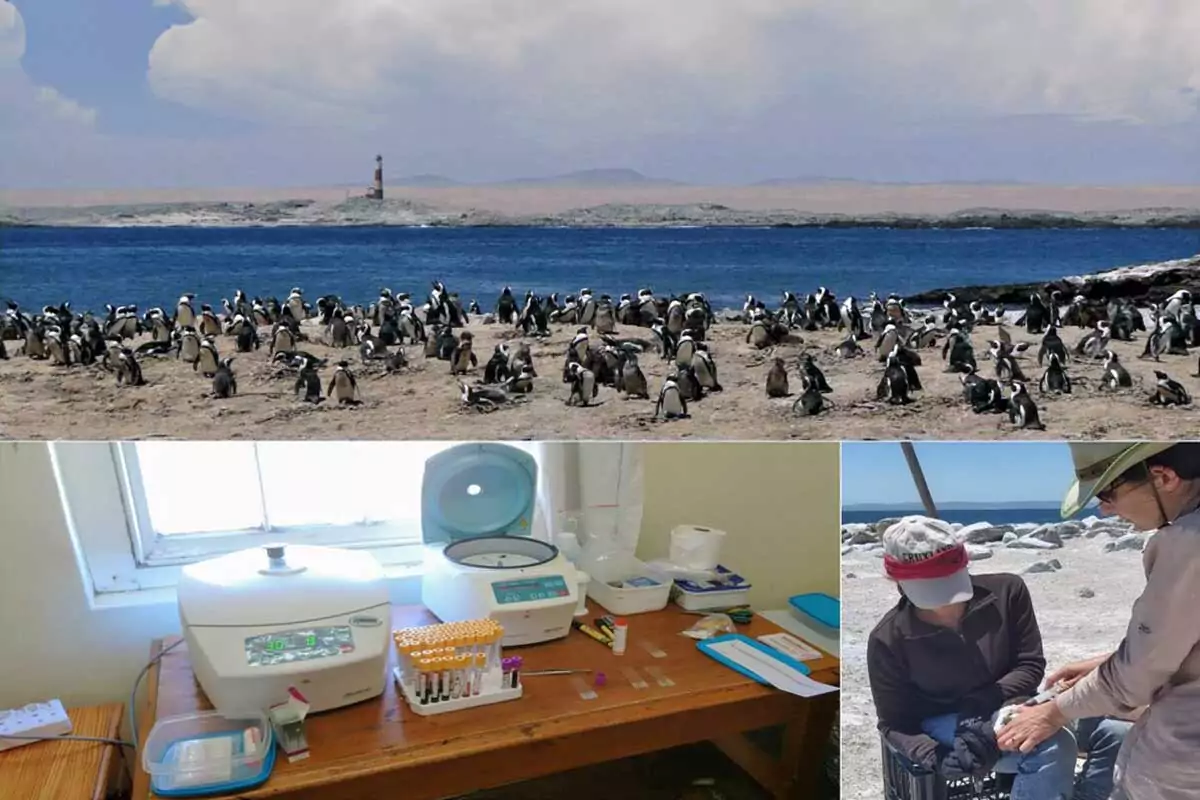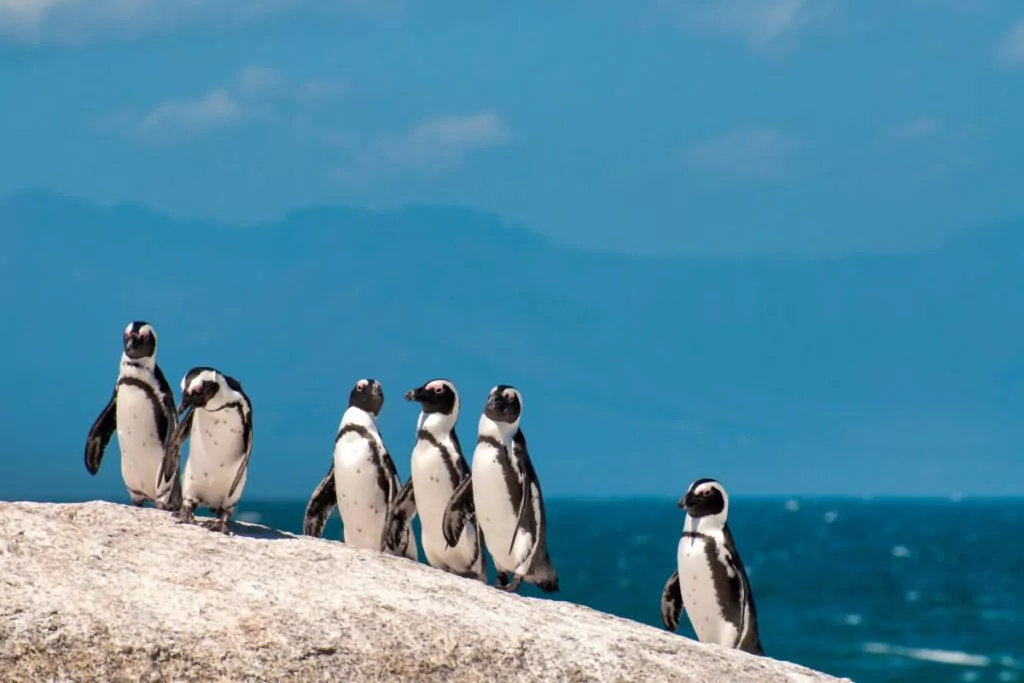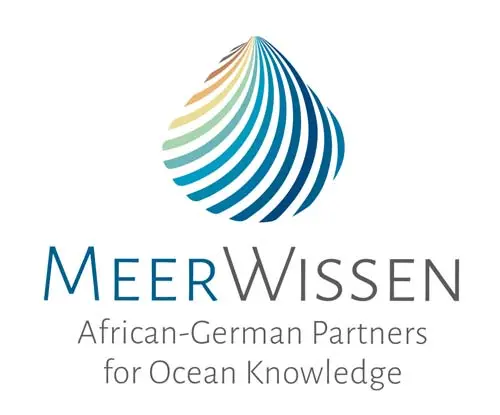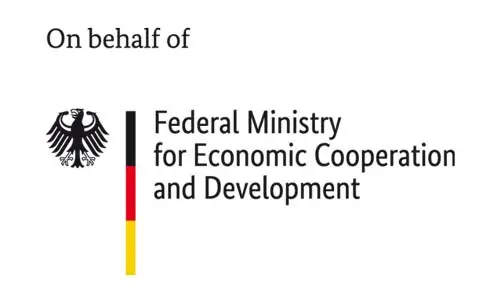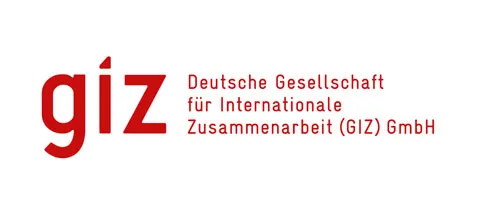The project “African Penguins and the Blue Economy” was introduced on January 27 as part of a webinar series featuring each of the 12 MeerWissen projects. The webinar showcased the activities and measures that are done within the project to optimize conservation policies and to engage key stakeholder groups in the identification of factors responsible for population decline of the African penguin. The recording and the presentation are available for download here.
The African penguin, endemic to South Africa and Namibia, is listed as an endangered species by the IUCN, and their population has decreased by 97% in the last 100 years. Following a population-wide disease outbreak of avian influenza in 2017/2018, a clear need for the prediction of population dynamics and sustainable population management was expressed by multiple stakeholders in order to prevent the species’ extinction.
As African penguins are of high economic value for both countries, this project aims to deliver a science-based foundation to optimize conservation policies.
The Penguin project has already taken its first steps in data collection. A health survey of the penguins in Bassan Island, South Africa, has been conducted recently and more will follow in the near future to assess the condition of individuals inhabiting the 5 most important population sites in South Africa and the 4 sites in Namibia. Furthermore, the sample collection for the pilot study of human induced toxic pollutants, mainly through sewage water system, is prepared to investigate a possible impact on the penguin’s health state. Another important source of data will be population monitoring, which is currently being explored in two ways:
1. involving local communities through a citizen science app for coastal surveillance, that enables reporting of penguin sightings alongside other marine species, 2. the possibility of using unmanned aerial vehicles (“drones”) for populated areas that are non-accessible.
Challenges in data collection mainly arose from the current Covid-19 pandemic, as many scientists are involved in the process and sampling must be coordinated with the breeding cycle of the birds. All the better that first steps have now been taken.
With increasing data and knowledge of the current population size, health status, and causes of decline, such as toxic pollutants, computer models will be created to predict the African penguins’ population dynamics and viability. More workshops are planned with stakeholder groups consisting of specialists (NGOs, governmental organizations, fishermen, research institutes) and the local population, including those having (economic) interest in the preservation of the population. These workshops are important to identify the information needed for a sustainable management, the extend in which the respective parties are planning to contribute and to set the overall management limits. After test-running the models, stakeholders will be consulted again to adjust for an optimal use in the decision-making process of the multi-stakeholder population management plan.
The main researchers involved in the project are:
- Prof. Dr. Darrell Abernethy (Veterinary School, Aberystwyth University, Wales, UK)
- Dr Laura Roberts (Faculty of Veterinary Science, University of Pretoria, South Africa)
- Prof. Dr. Leslie Petrik (Faculty of Natural Science, University of Western Cape, South Africa)
- Prof. Dr. Marcus Doherr (Faculty of Veterinary Medicine, Freie Universität Berlin, Germany)
- Dr. Umberto Molini (Faculty of Agriculture and Natural Resources, University of Namibia, Namibia)

